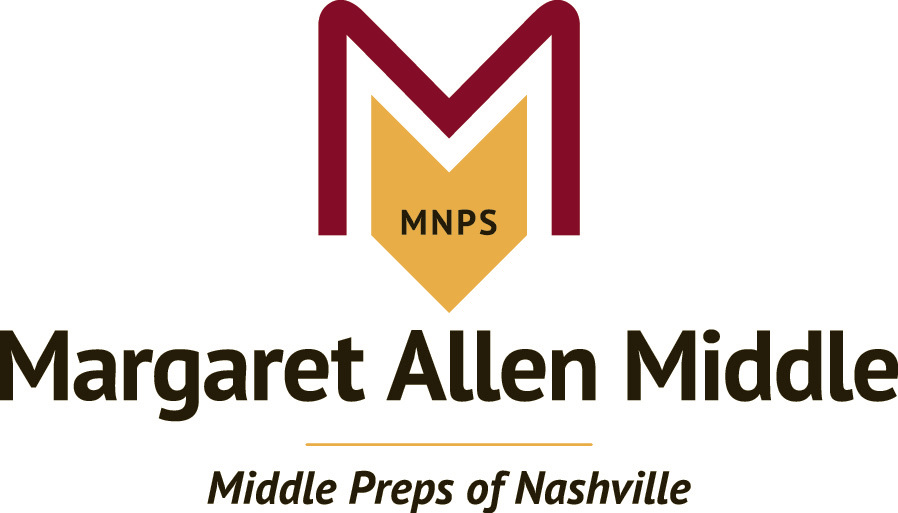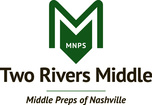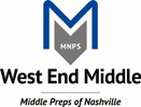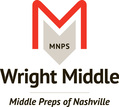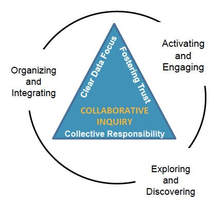 I hope you enjoyed the snow days. I know that I did. Now, it is time to get back to the important work of supporting student success. Prior to the snow break, I had the privilege of working with to MNPS teams--Learning Technology and the SE Quadrant Leadership. During the two meetings, the collaborative inquiry process was used to facilitate discussion to dialogue to decision making. To learn more about the work being done by both of these outstanding teams, click on the below links.
If you have a collaborative story to share or would like to request assistance, please contact Margie Johnson at [email protected].
0 Comments
The session began with an Activating and Engaging activity called Looking Back...Looking Ahead (Lipton & Wellman, 2011) where participants shared how family involvement in schools has changed from the past to now and then their vision for future family involvement.
We Organized and Integrated the observations using the Traffic Light protocol (Lipton & Wellman, 2011) to discuss actions to stop, continue, and start.
References:
Learning Hero. (2017, August). Parents 2017: Unleashing their power & potential. New York, NY: Learning Heroes. Lipton, L. & Wellman, B. (2011). Groups at work: Strategies and structures for professional learning. Charlotte, VT: MiraVia, LLC. In the last blog post, we talked about how it’s that time of year to begin planning for the 2017-2018 school year. Dr. Dottie Critchlow is taking the SIP process one step further by modeling the collaborative inquiry process with her network principals to establish network improvement goals and plan. Activating and Engaging The discussion began by activating prior knowledge with an activity entitled, Got it! Need It!. Individuals identified what they knew about the SIP process and what they need to know (see below chart). We also discussed their vision for the network (see below chart). Exploring and Discovering During the exploring and discovering phase the critical part is to avoid making inferences and explanations about the data. Instead, this phase is about sticking to just the facts and reporting observations. This phase begin with a brief overview of collaborative inquiry and a quick calibrating activity. Principals then divided into small groups to make observations of their assigned data reports from the MNPS Data Warehouse. The reports used for this session were:
Some excellent observations were made of the data (see below charts). Organizing and Integrating |
|||||||||||||||||||||||||||
Plus
| Suggestions for Improvement
|
Workshop Resources
| sip_planning_feb23_2017.pptx | |
| File Size: | 13302 kb |
| File Type: | pptx |
It’s that Time of Year…..School Improvement Planning
Collaborative inquiry is a data-based team process that consciously uses the collaborative learning cycle (activating and engaging, exploring and discovering, and organizing and integrating) and the qualities of effective groups (fostering a culture of trust, maintaining a clear focus, taking collective responsibility and data-informed decision-making) (MNPS Community of Practice, 2016).
With this definition in mind, let me take you through the process.
- Activating and Engaging: The leadership team began the conversation by brainstorming to answer the question, “What is your vision for Two Rivers Middle Prep?” This brainstorming not only generated many great ideas, but allowed everyone to have a voice at the table and helped develop physiological safety for the remainder of the meeting.
- Exploring and Discovering: Due to the time constraints for the meeting (1 hour), the bulk of our session was spent in this phase of collaborative inquiry. During this phase, inferences and explanations are suspended and just observations are made. Because of the larger number of data sets being used, the leadership team worked in smaller groups to record their observations on chart paper. To see their work, please go to: http://www.mnpscollaboration.org/two-rivers-sip-process-feb-2017.html.
- Organizing and Integrating: We didn’t get to this phase today as we plan to develop SMART goals at our next meeting on February 23. However, we did leave the meeting with next steps and a reflection for this first meeting.
If you are interested in learning more, please feel free to reach out to Dr. Shelly Dunaway and/or Dr. Margie Johnson for more information.
With representatives identified, the Literacy Community of Practice (CoP) convened on January 24, 2017 for an all day meeting to discuss literacy not only with school representatives, but central office, high school, and community partner representatives.
Using the collaborative inquiry process to plan for the day's conversations, the CoP identified hopes, fears, and successes for their CoP. Building upon the successes, the Literacy CoP for Dr. Springer's network is working to Shift the Narrative by leveraging the collaborative expertise in the CoP.
To learn more about the day, including top three barriers guiding the work, please go to: http://www.mnpscollaboration.org/dr-springer-literacy-cop.html.
You can also access other collaborative inquiry workshop materials at the Workshop Warehouse located at http://www.mnpscollaboration.org/workshop-warehouse.html
Reference:
Hattie, J. (Fall 2015). What works in education: The politics of collaborative expertise. London, UK: Pearson. Retrieved from https://www.pearson.com/content/dam/corporate/global/pearson-dot-com/files/hattie/150526_ExpertiseWEB_V1.pdf
The best technique I found for changing my practice was by experiencing the strategy and collaborating with other teachers. Also, a theme that is surfacing as a powerful principle of supporting student success is collaborative professionalism. However, how do we foster collaborative professionalism as a way that we do work and not an additional task added to the overflowing plates of educators?
With these ideas in mind, it’s the main reason why the collaborative inquiry process is taught by immersing school staff in a collaborative experience with the process.
On January 4, 2017, Margaret Allen Middle and Head Magnet Middle had the opportunity to experience the collaborative inquiry process while reviewing the culture and climate walkthrough data. You can read more about their experiences by clicking on their names..
Also, If you and/or your school are interested in learning more about collaborative inquiry and how it can support student success, please feel free to reach out to Margie Johnson at [email protected].
Reference:
Sharratt, L. (Fall 2016). Setting the table for collaborative professionalism. Principal Connections, 20(1), 34-37. Retrieved from http://www.lynsharratt.com/pdf/collective_professionalism.pdf
Email Subscription
Click HERE to subscribe to receive emails for the blog posts.
Archives
February 2018
January 2018
December 2017
November 2017
October 2017
September 2017
August 2017
July 2017
June 2017
May 2017
April 2017
March 2017
February 2017
January 2017
December 2016
November 2016
October 2016
September 2016
August 2016
July 2016
June 2016
May 2016
April 2016
March 2016
February 2016
Categories
All
Agenda Template
Behavior Plan
Central Office
Collaboration
Collaborative Professionalism
Collective Efficacy
Community Of Practice
Community Partners
Component A
Component B
Component C
Conference Presentations
Culture
Data Guide
Equity And Diversity
Evaluation Plan
Exceptional Education
Family Engagement
IC Map
Laura Lipton
Leadership
Leading Collaborative Teams
Literacy
Maximizing Time
Mission
MNPS Data Warehouse
NAZA
PreK
Psychological Safety
REL Appalachia
Relational Load
Research
School Spotlight
SEL
SIP
Social Capital
TDUS
Trust
Vision
Welcome
Workshop Materials
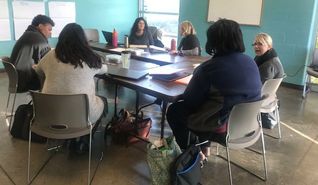
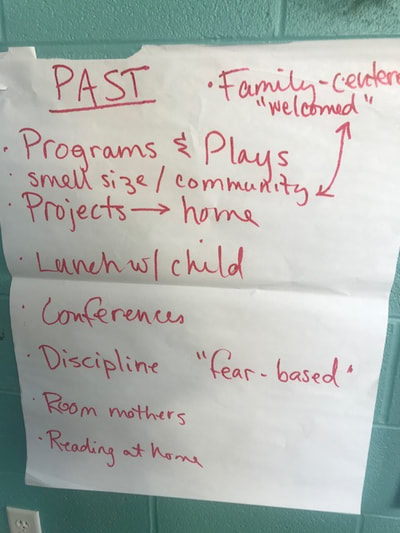
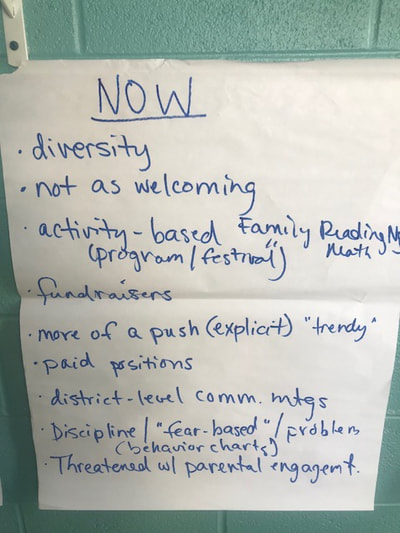
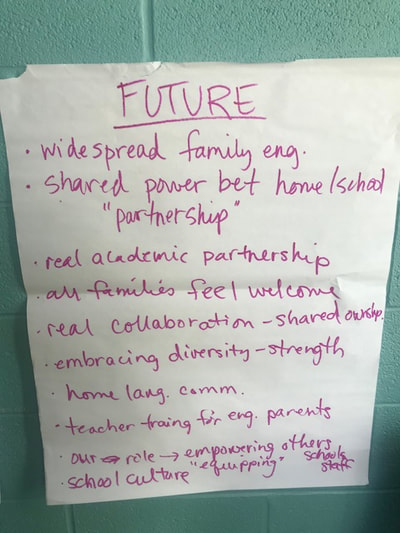
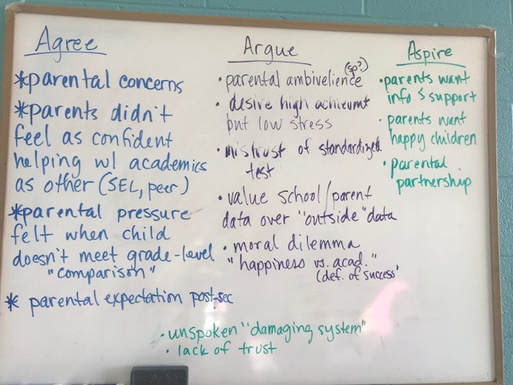
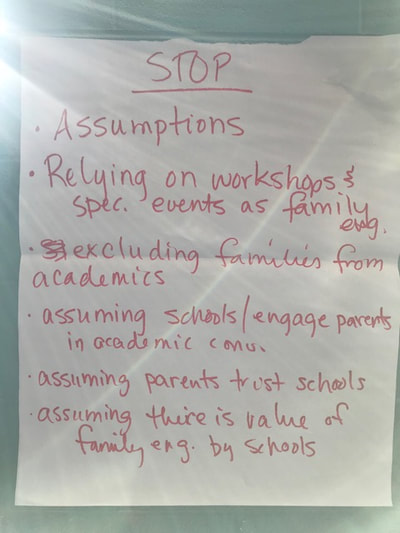
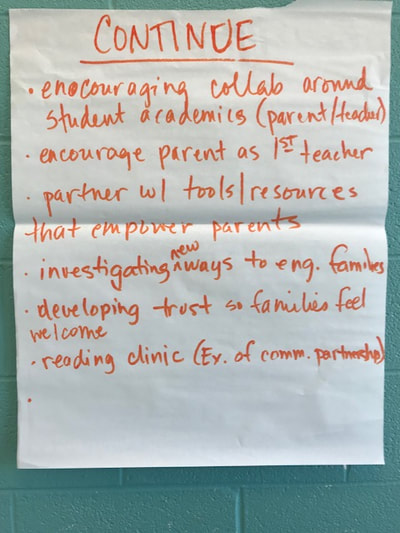
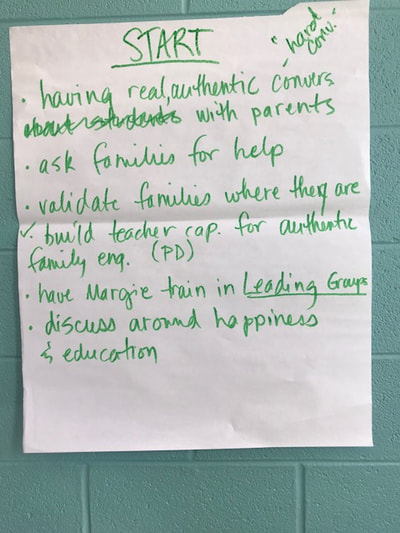
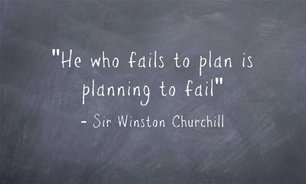
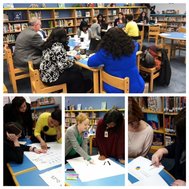
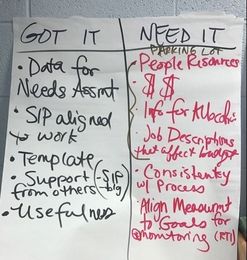
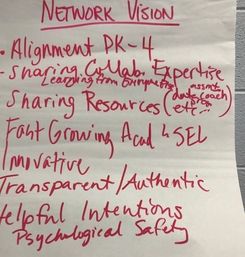

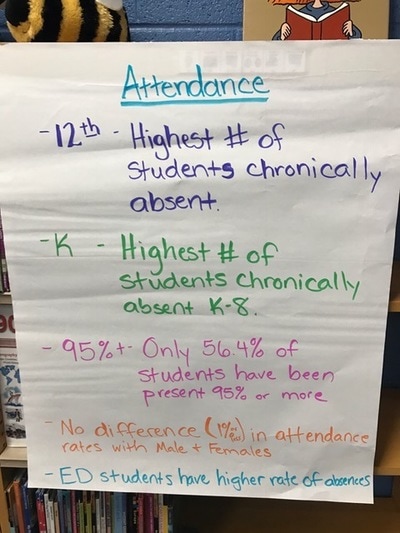
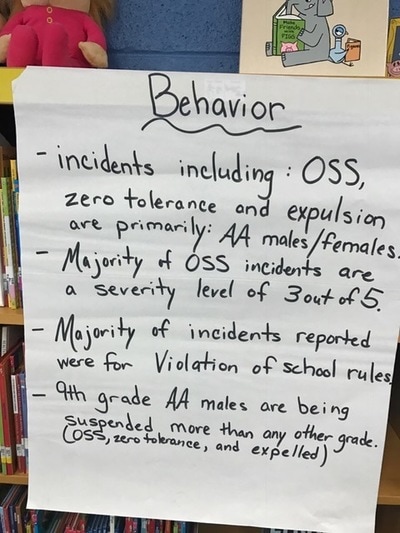
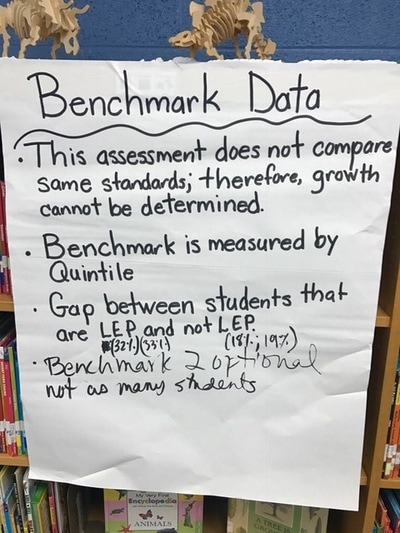
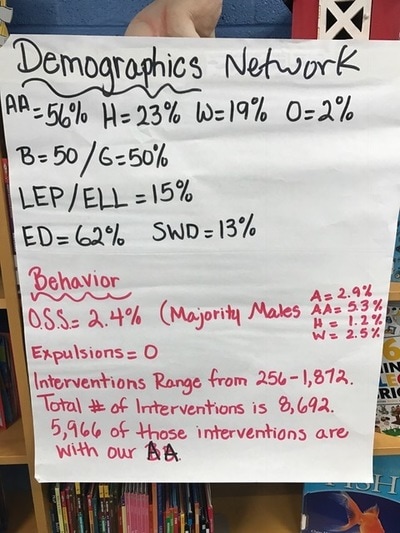
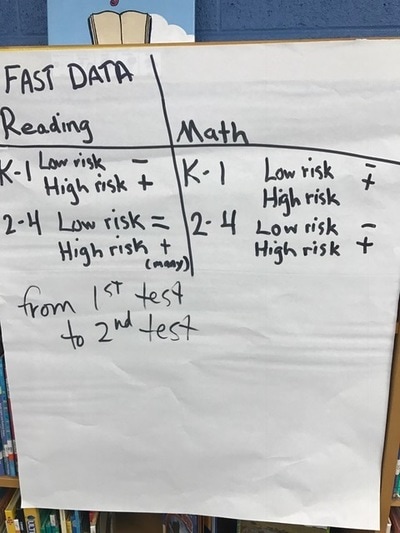
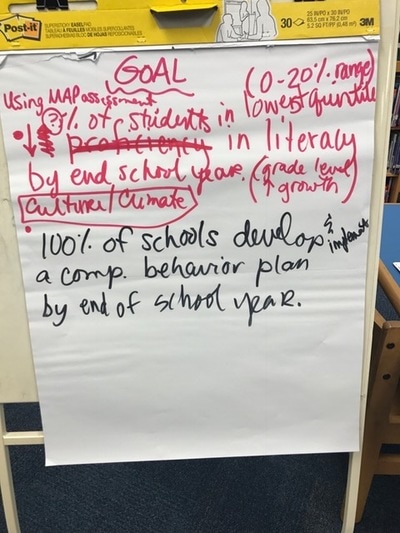
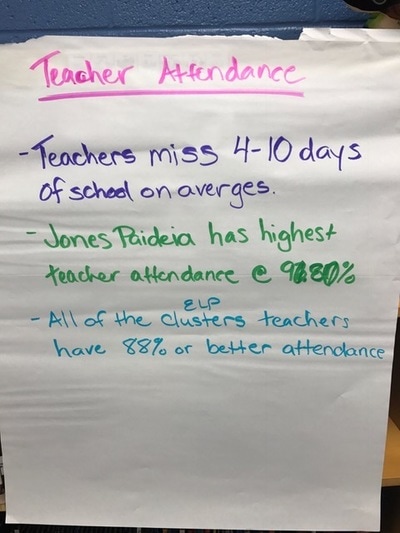
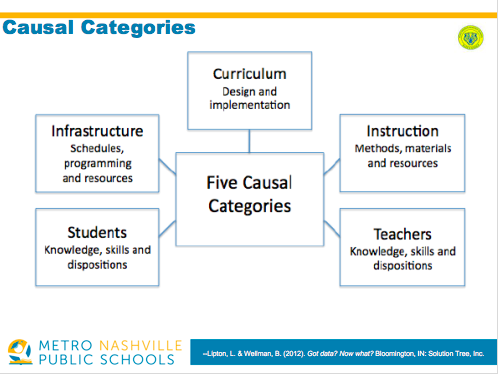
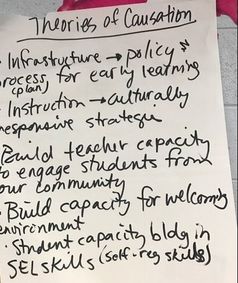
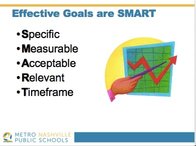
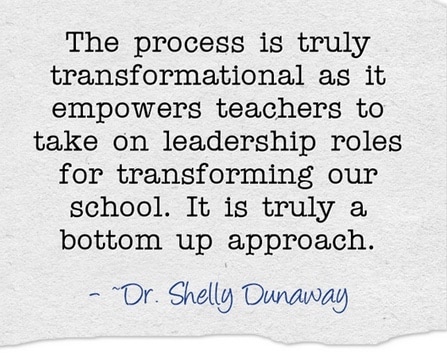
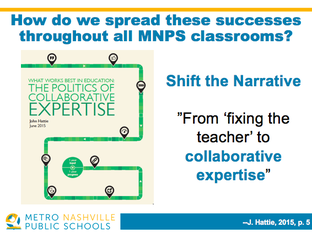
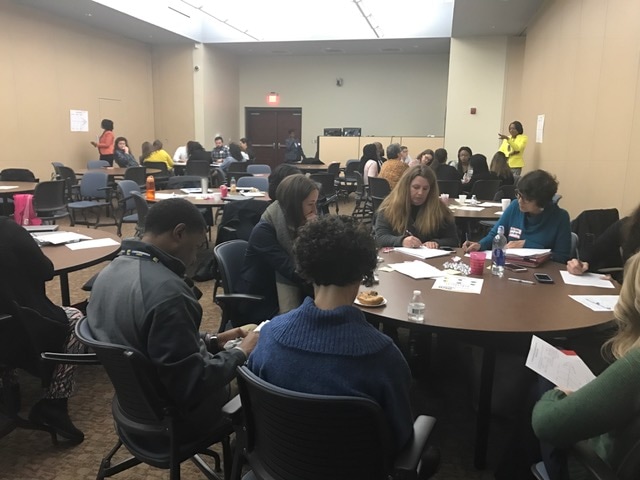

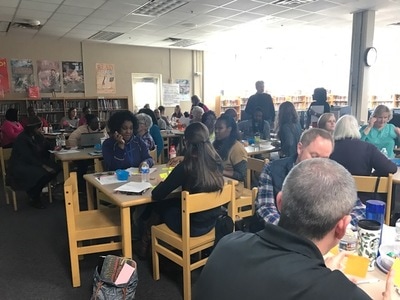
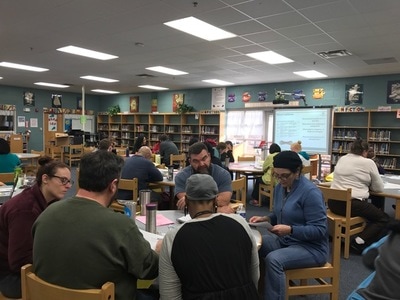
 RSS Feed
RSS Feed

